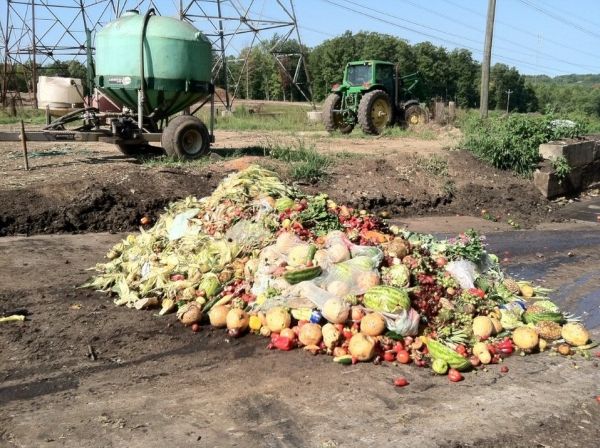While Vermonters support banning food waste from landfills – and a whopping 72 percent already compost or feed food scraps to their pets or livestock – few say they are willing to pay for curbside composting pick-up, new University of Vermont research shows.
The study comes as Vermont prepares to implement a mandatory law that makes it illegal to throw food items in the trash beginning July 1, 2020. Several large cities including San Francisco and Seattle have implemented similar policies, but Vermont is the first state to ban household food waste from landfills. The policy is the last phase of a universal state recycling law passed in 2012 that bans all food waste, “blue bin” recyclables and yard debris from landfills statewide by 2020.
“Reducing household food waste is a powerful way individuals can help reduce the impacts of climate change and save money,” said Meredith Niles, UVM Food Systems and Nutrition and Food Sciences assistant professor and lead author of the study. “Vermont has made a significant commitment to this effort and it’s exciting to see the majority of Vermonters are already composting to do their part.”
Previous research by Niles and other UVM colleagues showed Americans waste nearly a pound of food daily, roughly one third of a person’s recommended daily calories. When disposed of in a landfill, food waste rots and produces methane, a greenhouse gas 25 times more powerful than carbon dioxide over a 100-year period, according to the U.S. Environmental Protection Agency. Conversely, composting can aid in carbon sequestration and creates a natural fertilizer for farms and gardens.
Read more at University of Vermont
Image Credit: US Environmental Protection Agency (Flickr Photostream)


